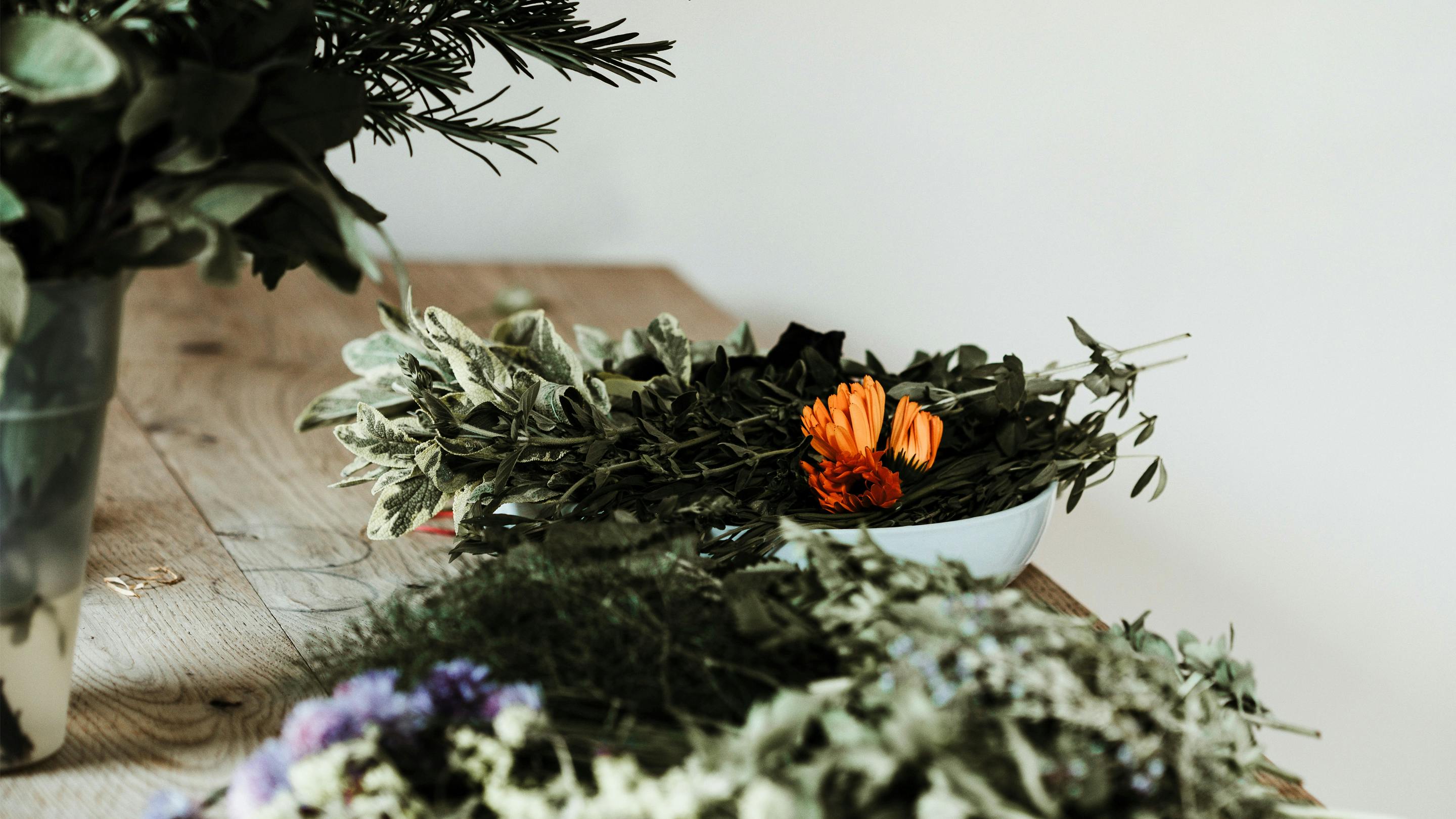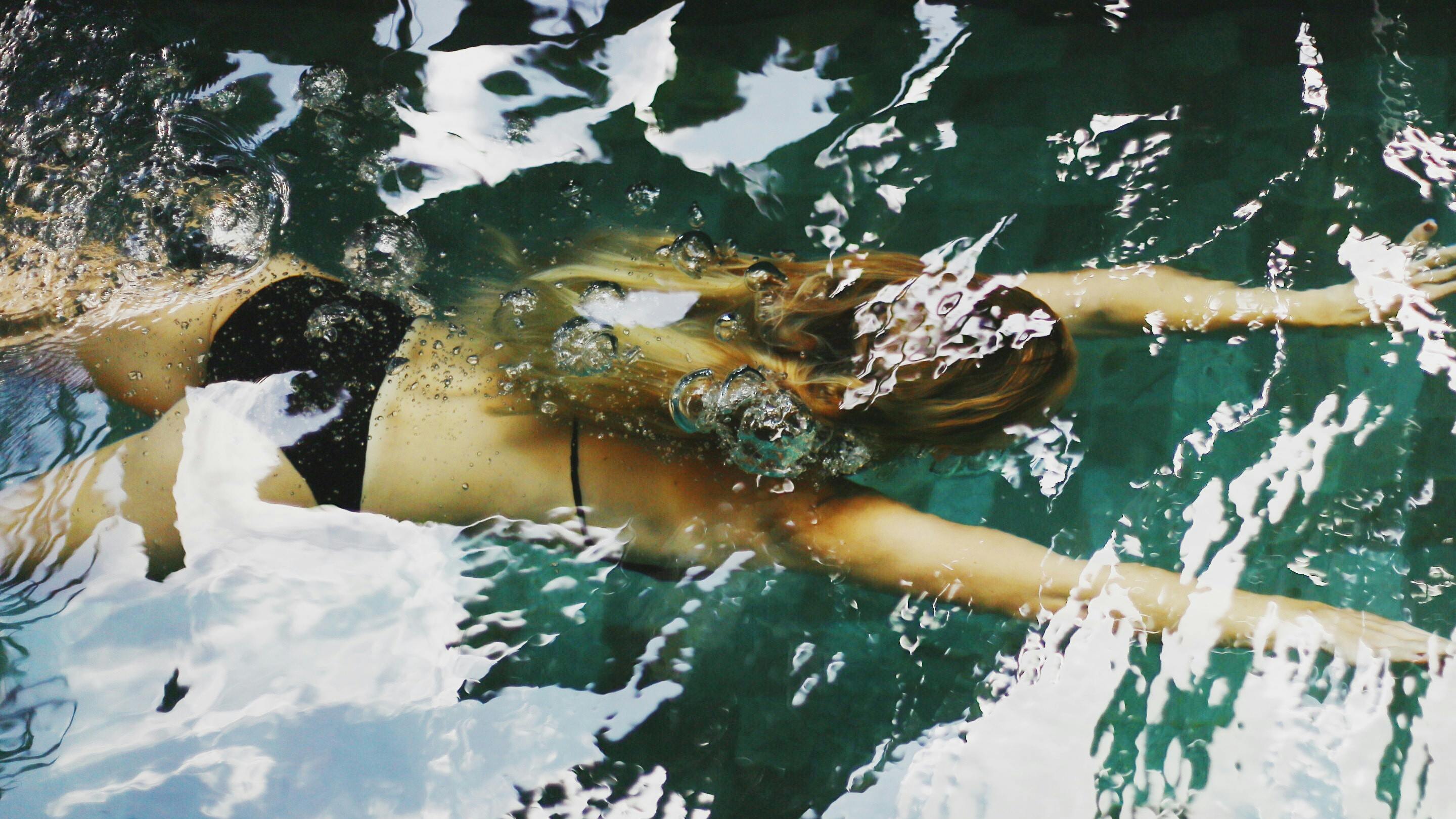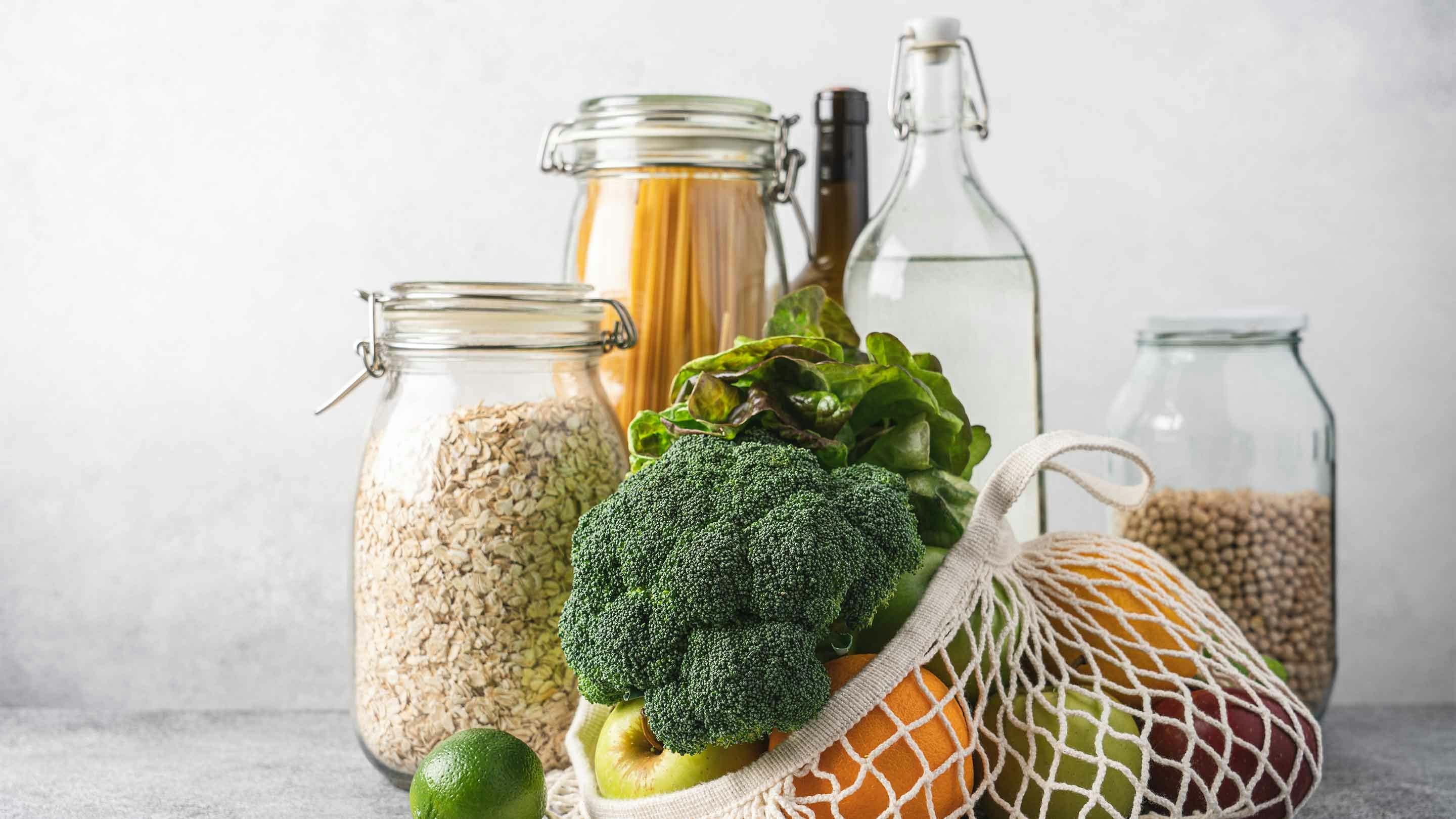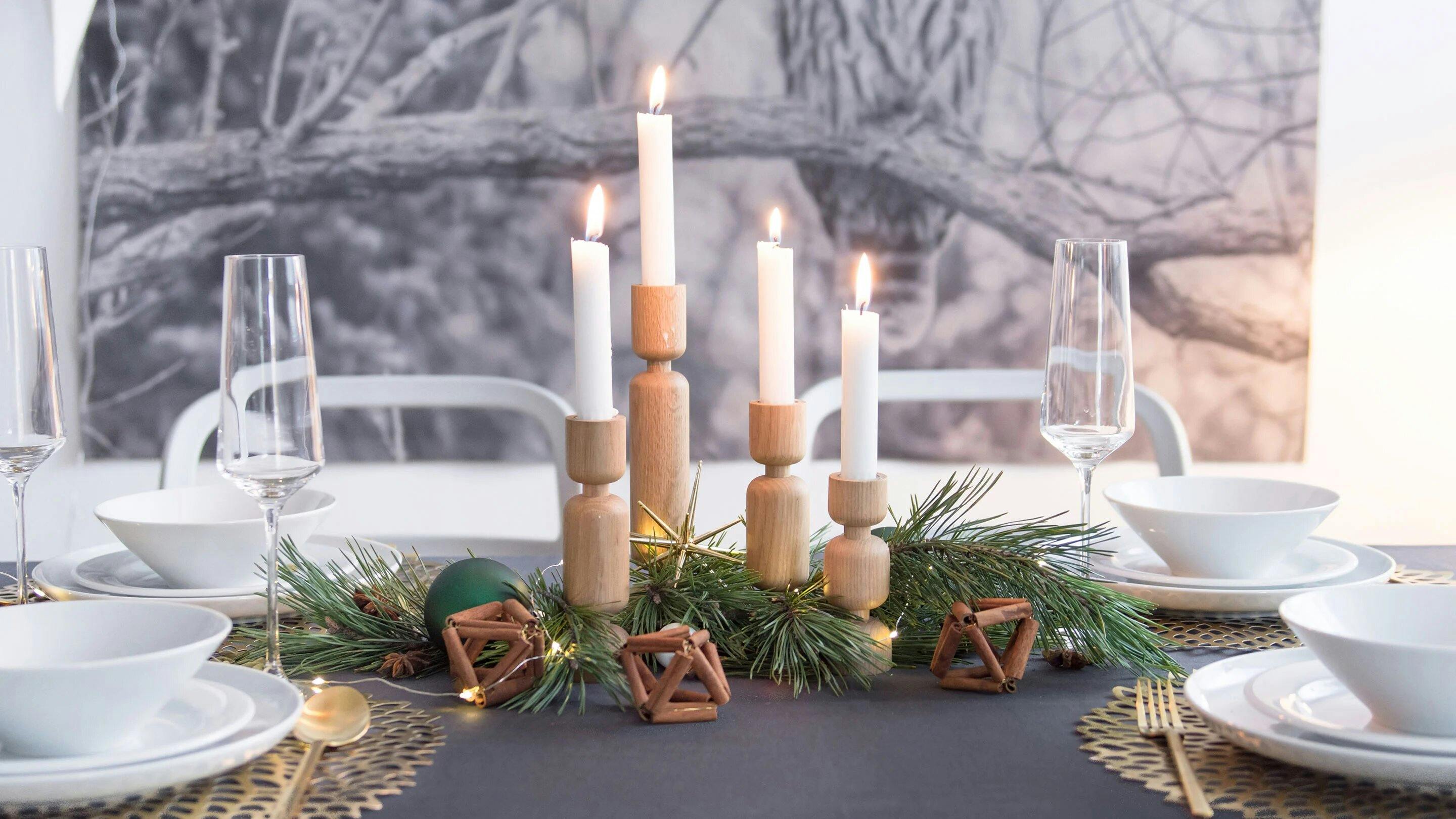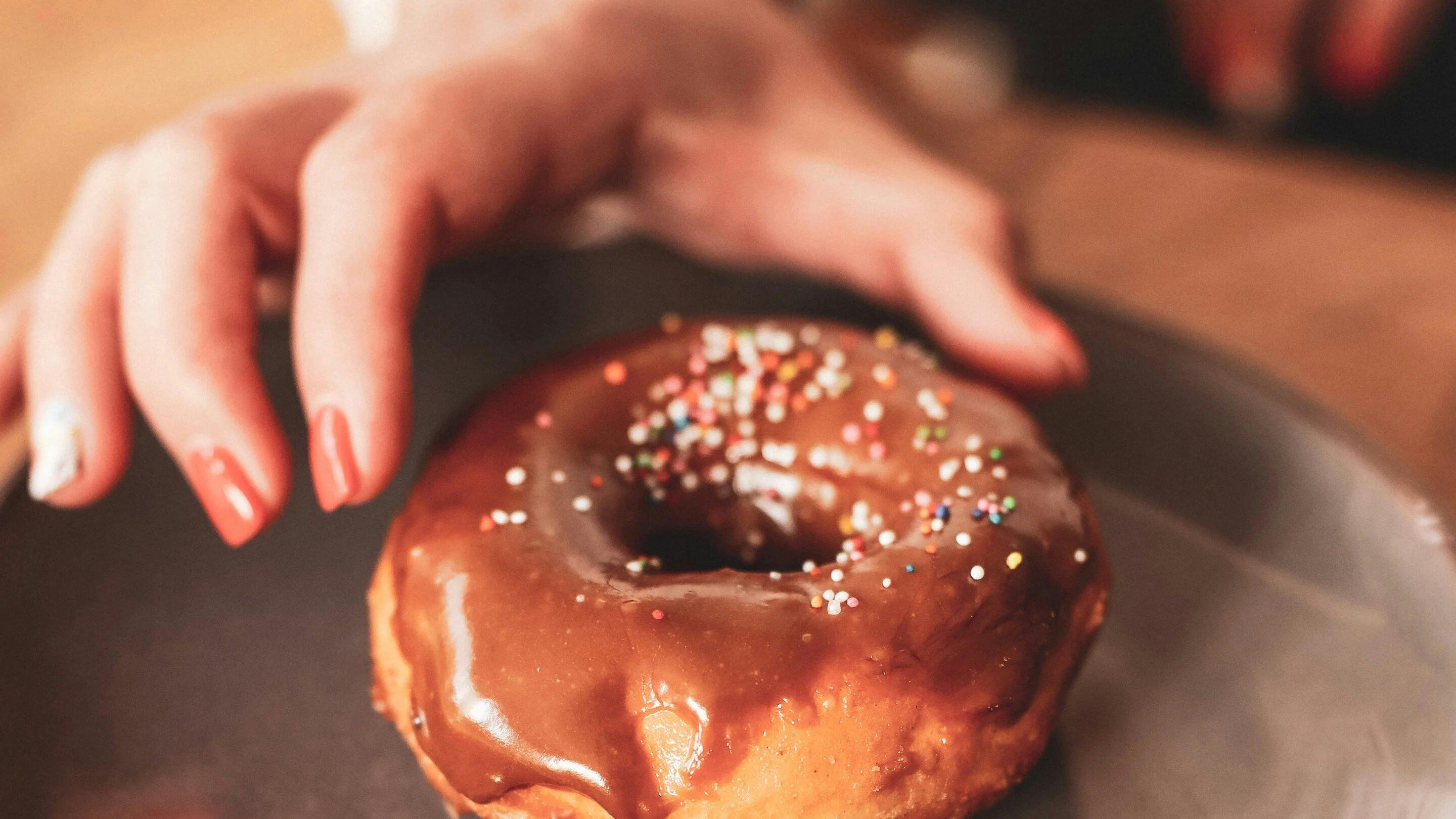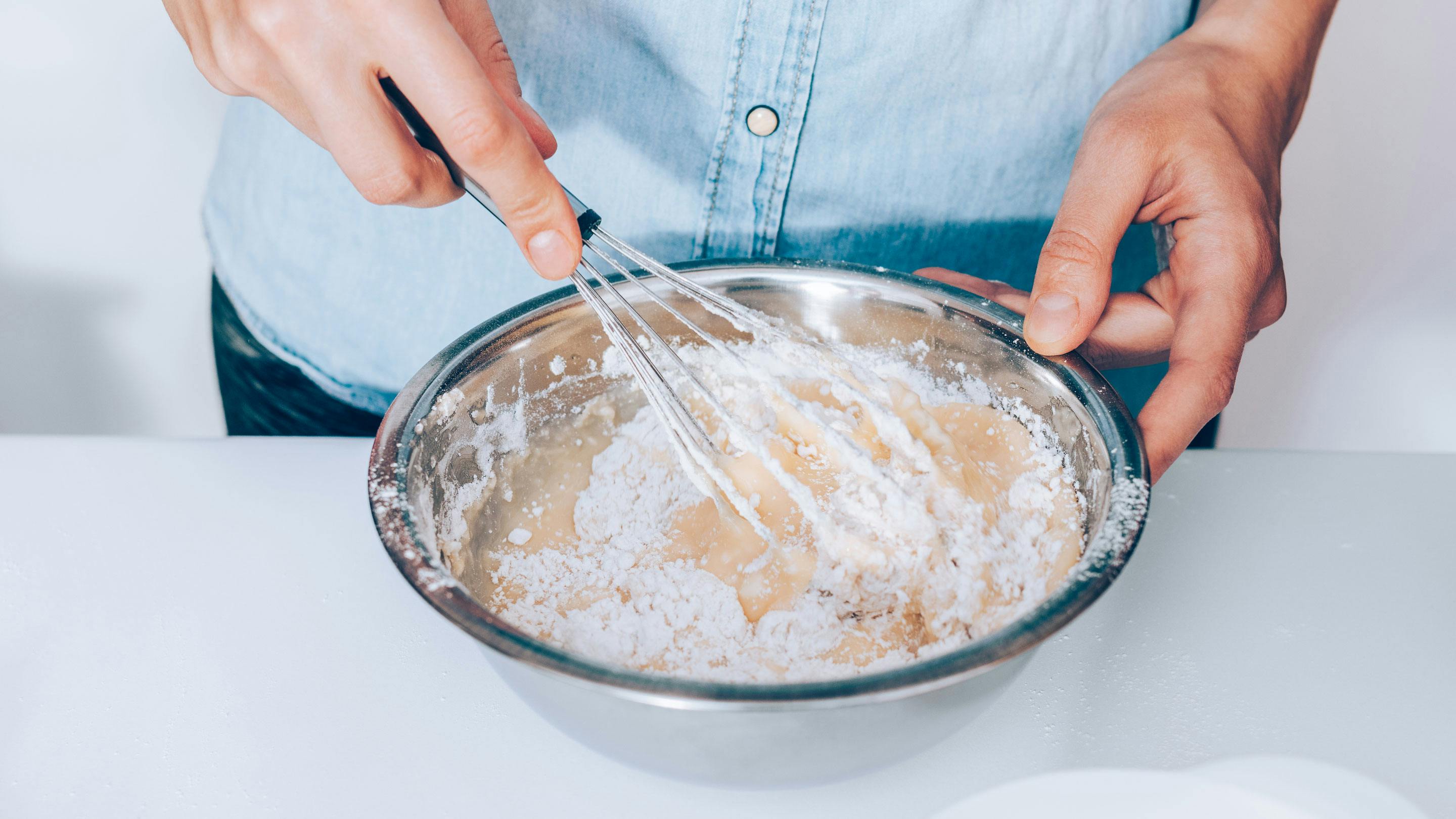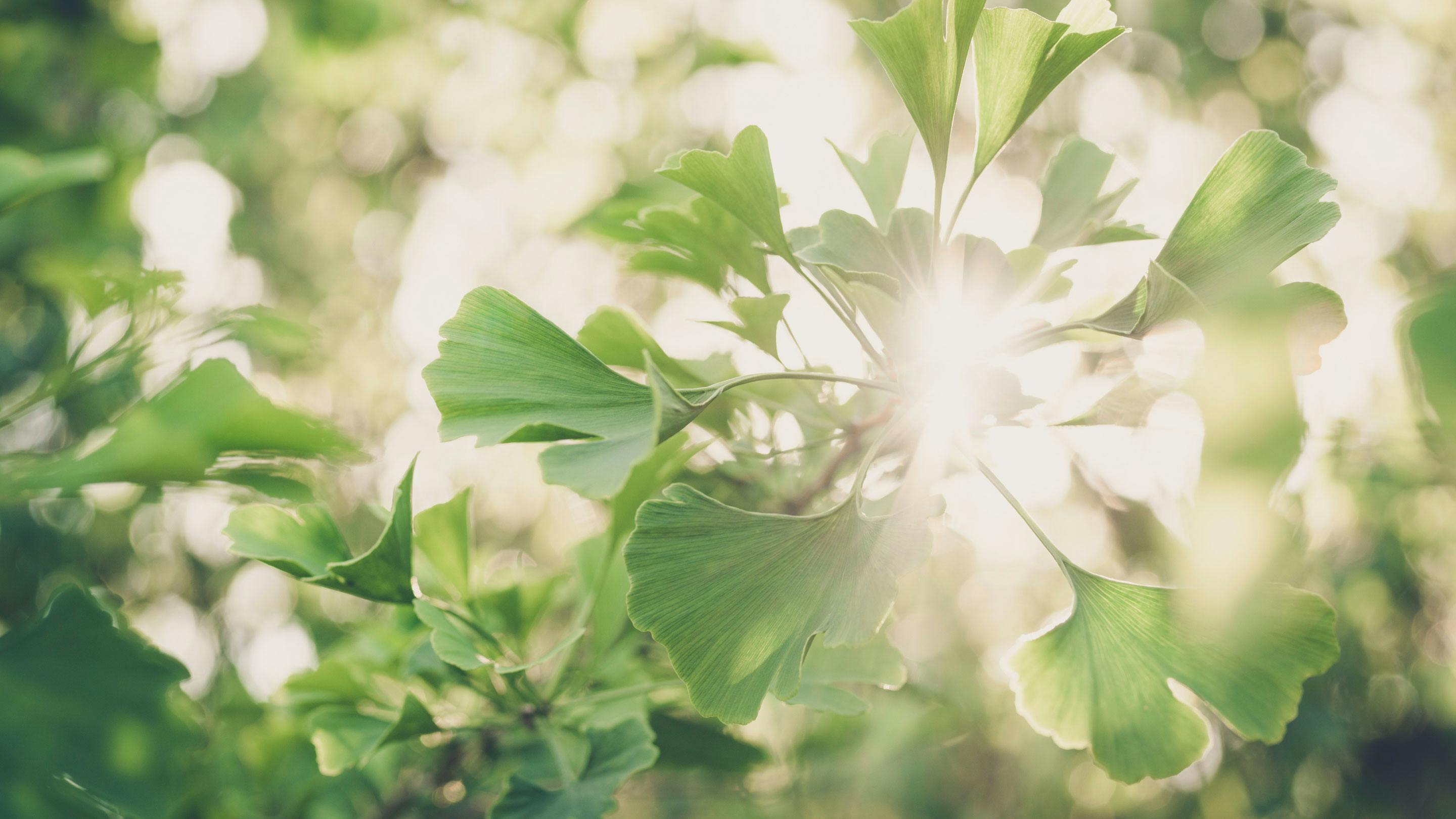Herbs add spice to our dishes. The cosmetic industry has also discovered the effects of herbs and uses them in various products. But did you know that herbs also have a beneficial effect on our body when we use them as bath additives?
The history of herbal baths
Even in ancient times, people used herbs as bath additives. They were already aware back then that various herbs could have a healing, invigorating or calming effect. According to legend, Achilles healed his wounds by having a bath in yarrow. Yarrow has an antibacterial and anti-inflammatory effect, and that’s exactly how the wounds he sustained in the Trojan War had to be treated.
This is how different herbs work
Stress, tension, muscle pain, restlessness – these and other complaints can be alleviated with herbal baths. The reason for this is the ingredients of the individual herbs. The essential oils develop particularly well when bathing. You absorb these through both your skin and your respiratory tract. Especially in the cold season, sage is particularly helpful for sore throats and inflammations in the throat in the form of tea or lollipops. As a bath additive, it relieves muscle and joint pain. If you prepare sage for a rinse, you can relieve insect bites or help your body heal wounds.

Does your scalp itch? Do you have dandruff? Rosemary as a bath additive can help. In addition, it gets your circulation going. But rosemary is also a great herb to combat tiredness and listlessness. Thyme as a tea is particularly good for colds. In bath water it also develops its antispasmodic effect and is therefore often used for back problems. Colds and flu-like infections can trigger headaches and migraines. The herb marjoram can help here. Its essential oils have an antispasmodic and diaphoretic effect and have helped many people with, for example, a cold.
How do you prepare for a herbal bath?
The most important thing is: take your time. Taking a full bath should relax, not stress. To prepare, you can make a brew of herbs. To do this, make a tea from your preferred herbs: Take up to 6 tablespoons of herbs and let them steep in a good 2 litres of water for around 10 to 15 minutes. Then strain the brew into the bath water, which has a maximum temperature of 38 °C. It is particularly nourishing if you add another 200 ml of milk to the water. If this type of preparation is too time-consuming for you, put up to 8 teaspoons of herbs in a small cloth bag. Tie it up and put it in the bath water. With the bag, you prevent the herbs from floating around in the water and blocking your drain. When you then enjoy your bath, you should not exceed the bathing time of twenty minutes.

After the bath
Just as you take the time for the full bath, you should also take the time afterwards. Then wrap yourself in cosy clothing and relax for a good half an hour. This way the herbs can have a little more effect and you can also reduce stress.
But why do you use dried herbs for your autumn bath? Fresh herbs are no longer available in abundance at this time of year. In addition, the dried herbs also release their essential oil when infused with hot water.
We wish you good relaxation and hope that you too can enjoy a little break from the everyday life with a nice herbal bath.
Spice up the web! Share this article on...
Read more
Currently Viewing: 1 of

